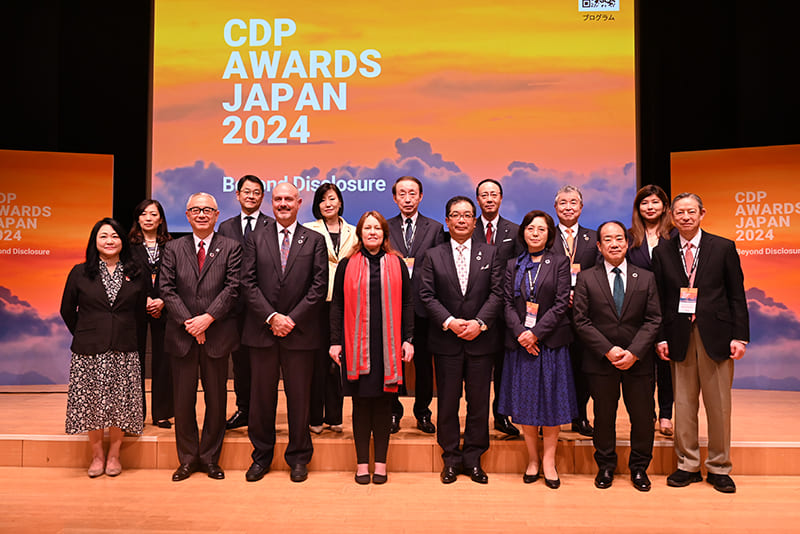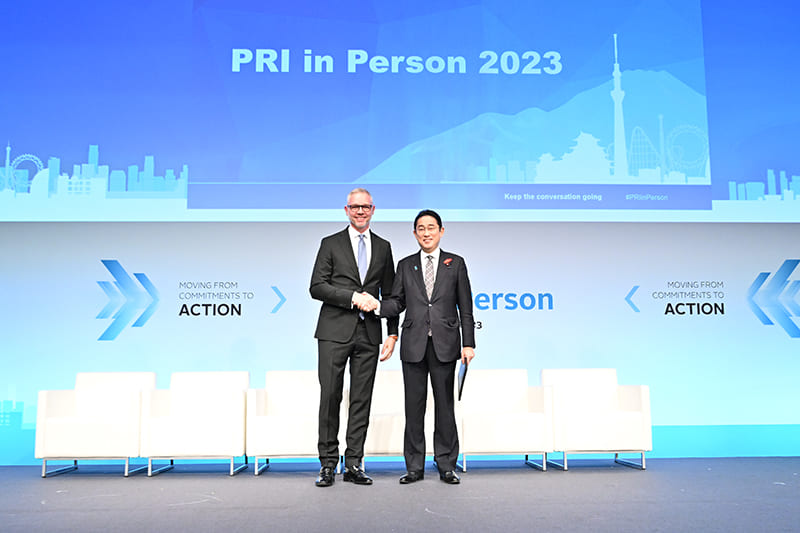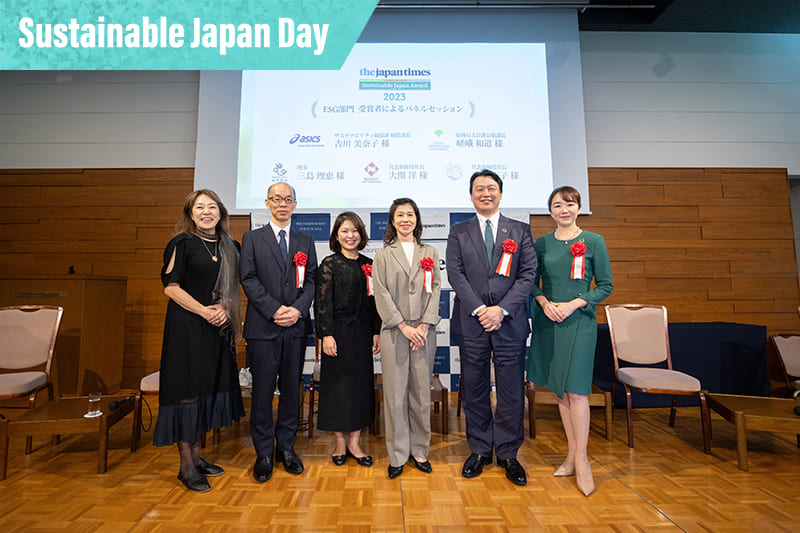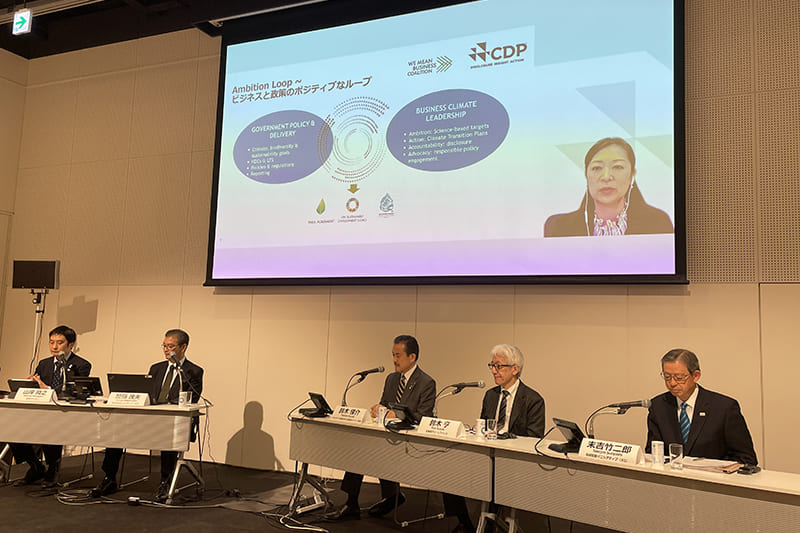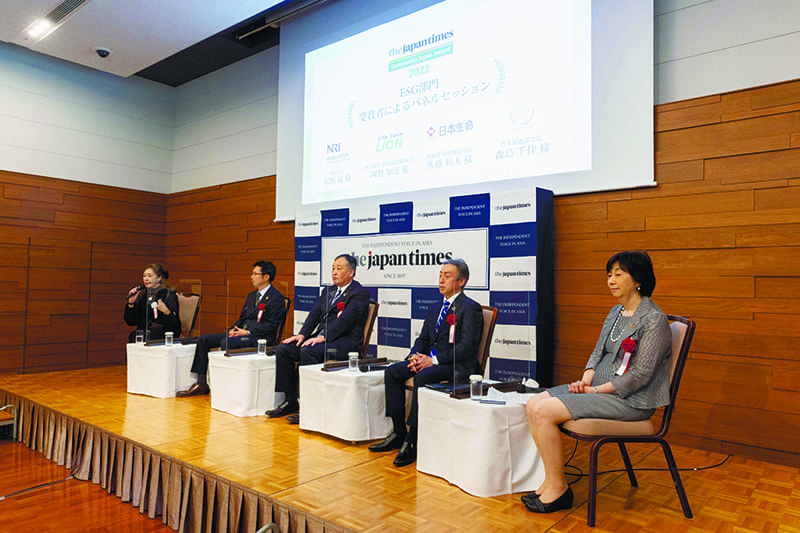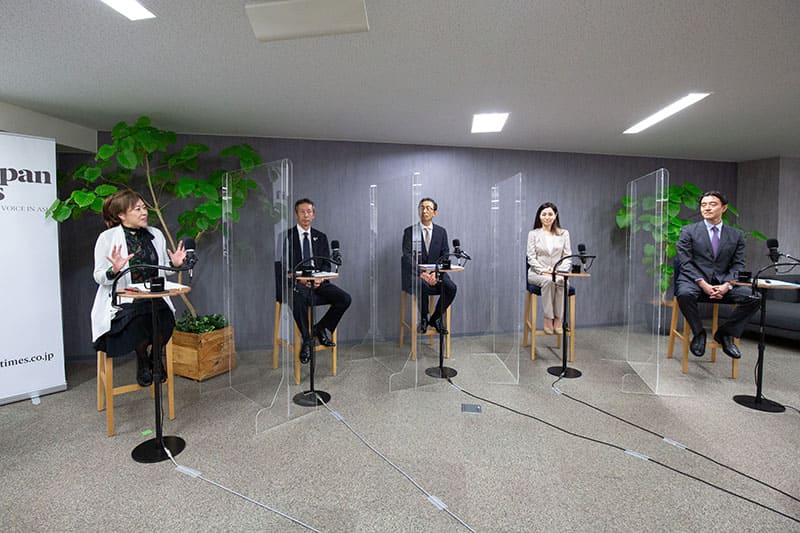May 26, 2019
Tokyo striving for carbon-free initiative
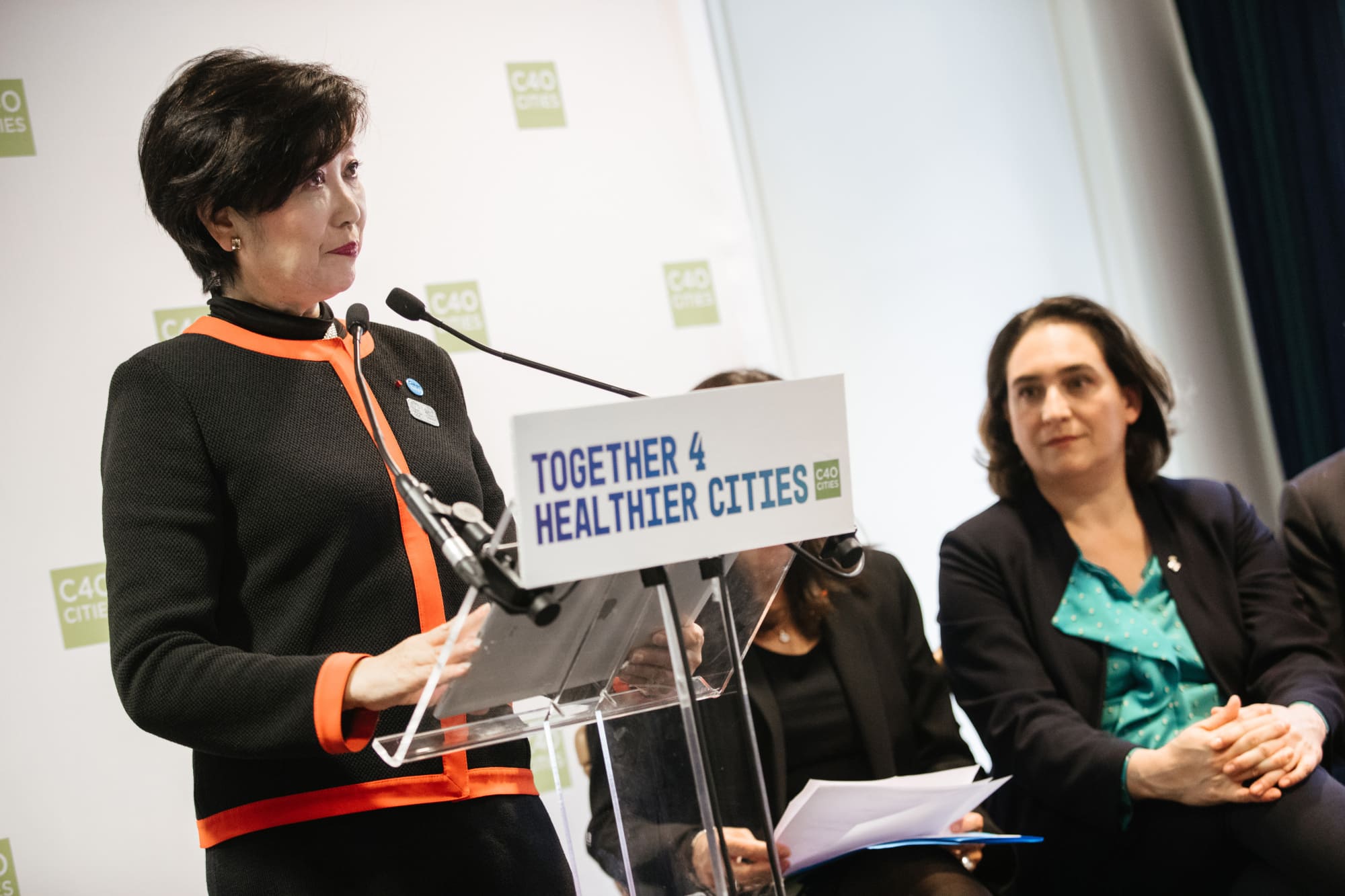
In the lead-up to the Olympic and Paralympic Games, the Tokyo Metropolitan Government (TMG) has engaged in an initiative named Tokyo Zero Carbon 4 Days in 2020, an effort to offset the amount of carbon dioxide estimated to be emitted during the opening and closing days of the events.
Under this initiative, which started on July 24 last year — exactly two years before the opening ceremony of the Olympics — TMG is asking large-scale facilities subject to the capital’s cap-and-trade program to donate their carbon credits to achieve the target of 720,000 tons.
The target was calculated based on 2015 estimates, which saw 180,000 tons of emissions per day, according to the metropolitan government.
The large-scale facilities in this program are defined as those that annually consume 1,500 kiloliters or more of energy equivalent to crude oil for three consecutive years, said the metropolitan government. These include such facilities as office buildings, commercial complexes, hotels, universities and hospitals.
Tokyo Gov. Yuriko Koike announced the initiative in October 2017 at a press conference during a trip to Paris, where she attended a meeting of the C40 Cities Climate Leadership Group, a network of large cities in the world addressing climate change.
“We’d like to leave a strong impression on the international community of Tokyo’s integral effort from the public and private sectors to aim for a zero emission city through the realization of the zero carbon day program,” Koike pledged at a regular session of the Tokyo Metropolitan Assembly in December 2017.
As the host city of the 2020 Games, TMG is calling for cooperation on the Carbon Offset Programme, launched by the Tokyo Organising Committee of the Olympic and Paralympic Games. The donated credit for Tokyo Zero Carbon 4 Days is also appropriated for this carbon offset program, according to the metropolitan government.
In a sustainability plan published in June 2018, the organizing committee estimated the Tokyo Games to generate 2.93 million tons of carbon dioxide emissions, which include 1.58 million tons from construction. The estimated figure is lower compared to the carbon footprints of the London Games in 2012 (about 3.45 million tons) and the Rio Games in 2016 (about 3.65 million tons), according to the plan.
Koike hopes TMG’s initiative would be part of a move to realize a sustainable Olympics.
“We’d like to promote the support of the carbon offset in relation to the Tokyo 2020 Olympics from the business operators and advance the effort as a movement toward the games,” the governor said at a press conference before launching the initiative in July last year.
TMG plans to pass on this carbon offset initiative to future host cities including Paris.
The initiative is part of the TMG’s commitment toward decarbonization, which is dubbed Zero Emission Tokyo. The Tokyo Environmental Master Plan adopted in March 2016 stipulates that the metropolitan government seeks to reduce greenhouse gas emissions by 30 percent below 2000 levels by 2030.
In April 2010, Tokyo became the first city in the world to introduce a cap-and-trade program targeting large-scale facilities, and setting mandatory carbon dioxide emission reduction goals.
TMG said such emissions from the facilities covered in this program account for about 40 percent of those from the overall industrial and commercial sectors in the capital.
For more information on Tokyo’s cap-and-trade program, visit www.kankyo.metro.tokyo.jp/en/climate/cap_and_trade/index.html .

